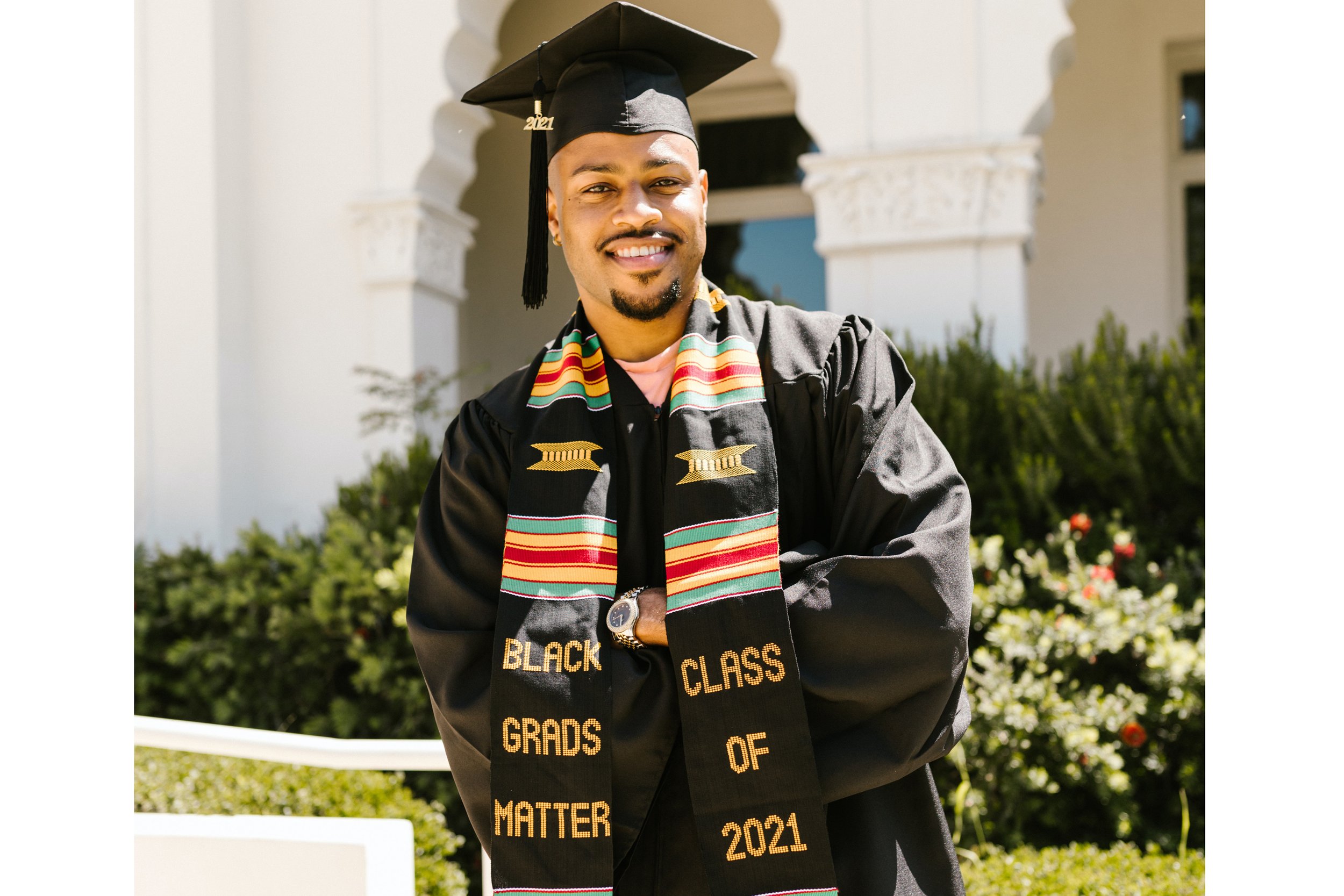What Now? HBCUs Are Ready to Respond to the Supreme Court's Decision on Affirmative Action
My path to becoming a 2021 Harvard Advanced Leadership Initiative (ALI) Fellow began in the projects of Baltimore more than 70 years ago. The vocabulary of possibilities in my youth did not include sitting in a Harvard classroom. I attended segregated public schools, financial hardship was a constant, and in 1967, my two college choices were Morgan State and Coppin State, the city’s two Historically Black Colleges and Universities (HBCUs). I chose Morgan, and it turned out to be one of the best decisions of my life. The lessons I learned, the people I met, and the values I absorbed have taken me to places I never imagined and have been the springboard to a lifetime of service and achievement.
Since Cheyney University of Pennsylvania led the way in 1837, the now 107 HBCUs across the country have played an indispensable role in delivering on the mandate of the Civil Rights Act of 1964 as defined by the Department of Education: “To bring the formerly excluded into the mainstream of American education and to help deliver the promise that every individual has the right to develop his or her talents to the fullest.”
In the wake of the Supreme Court’s decision to turn its back on that mandate, everyone is wondering, “what do we do now?” I am not suggesting that we minimize the Supreme Court’s constitutional travesty. But rather than decry the obvious, I recommend taking a look back to move forward. Black progress in America has never depended on a single act of Congress or on the Court. Long before the existence of Affirmative Action and inspired by visionary freedom fighters like, Frederick Douglass, Fannie Lou Hamer, Harriet Tubman, Rosa Parks, W.E.B. Dubois, Martin Luther King, John Lewis, Thurgood Marshall, and Harvard’s own Charles Ogletree, African Americans have removed countless barriers and lifted themselves and our nation to greater heights.
This is a good time to remember that when the doors of college were reserved for whites only, HBCUs were there to give young African Americans, like me, the education we deserved and the strength we needed to rise above bigotry. And while these schools are not flush with money from rich donors and do not automatically guarantee access to the highest echelons of influence and power, they are centers of academic excellence that collectively punch way above their weight.
According to the United Negro College Fund (UNCF), “While totaling only 3% of all colleges and universities…historically Black colleges and universities are highly effective, awarding 15% of bachelor’s degrees, five percent of master’s degrees, 10% of doctoral degrees and 19% of all STEM degrees earned by Black students in higher education.” UNCF also points out that HBCUs produce “80 percent of America’s Black judges, 50 percent of the country’s Black doctors, and 50 percent of its Black lawyers.” It is fair to ask, where would Black and Brown communities — where would our nation be without these institutions and their graduates?
HBCU enrollments surged in the aftermath of the murder of George Floyd. I suspect that more African Americans will follow suit in the wake of what the Supreme Court has done. Federal funding for HBCUs must keep pace with this growing demand. At a time when every effort must be made to ensure that our nation continues to reap the benefits of diversity, we must not forget the critical role that these institutions play.
The Affirmative Action debate too often assumes that “selective” majority institutions are the only avenue of success for young men and women of color. It is true that Affirmative Action in college admissions has played a critical role in creating opportunities for generations of underrepresented minorities. But the unique environment and opportunities provided by HBCUs are producing exceptional leaders and shaping lives of purpose and meaning. While it is essential that America never waver from its commitment to diversity in education, I am eternally grateful for the academic excellence, empathetic support, character-building values, and commitment to service that are the hallmarks of Morgan State University and every HBCU in America.
About the Author:
Terry Edmonds is a 2021 Harvard ALI Fellow and the first African American chief speechwriter for an American president – Bill Clinton.


